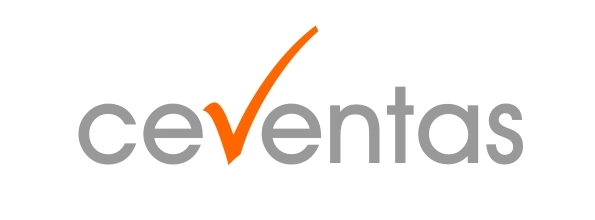Train the Trainer – Developing Professional Training and Facilitation Skills
Overview
Being a skilled trainer and facilitator is more than simply standing in front of people and saying what you have to say. A skilled trainer and facilitator is an effective communicator who can share knowledge in a way that sticks with the participants.
This course will walk you through the essential learning, instructional and facilitation skills you need to ensure people learn from what you are sharing with them. You will learn a set of techniques and behaviours that will make your training deliver results and empower people when they leave your sessions.
Learning Outcomes
On completion of this course participants will be able to:
- Identify learning expectations and barriers to learning.
- Define types of learning occurrences.
- Identify core competencies of effective trainers (including assessing performance needs and designing, facilitating, and evaluating training).
- Frame effective learning environments.
- Apply adult learning principles and effective learning approaches.
- Define learning assumptions.
- Motivate adult learners.
- Develop learning objectives.
- Create a session plan for training.
- Engage participants in the session.
- Prepare their message and presentation for effective communication.
- Foster a learning culture.
- Handle and manage interruptions during a session.
- Assess participant learning.
- Provide feedback to effectively improve learning.
Who Should Enrol?
Training practitioners wishing to improve their professional training and facilitation skills.
Course Content
The Train the Trainer – Developing Professional Training and Facilitation Skills course covers the following topics:
Training Fundamentals
- Elements of effective training.
- Types of training occurrences.
- Core competencies of effective trainers.
- Framing effective learning environments.
Learning Engagement Strategies
- Revisiting adult learning principles.
- Effective learning approaches.
- Learning assumptions.
- Motivating adult learners.
Planning Your Session
- Developing learning objectives.
- Creating a session plan.
- Organizing and structuring the content.
- Preparing to engage participants.
Effective Communication Methods
- Developing proper communication skills.
- Interpreting non-verbal cues.
- Creating a learning culture.
- Questioning for effective learning.
Ensuring Engaging Interactions
- Managing challengers and interrupters.
- Assessing learning performance.
- Providing feedback.
- Getting participants involved.
Assessment
This course includes several integrated online assessments.
Candidates must successfully complete each assessment to receive a Certificate of Completion.
Course info
- Duration: 2 Hours
- Language: English
- Level: Short Course
$150.00 USD
